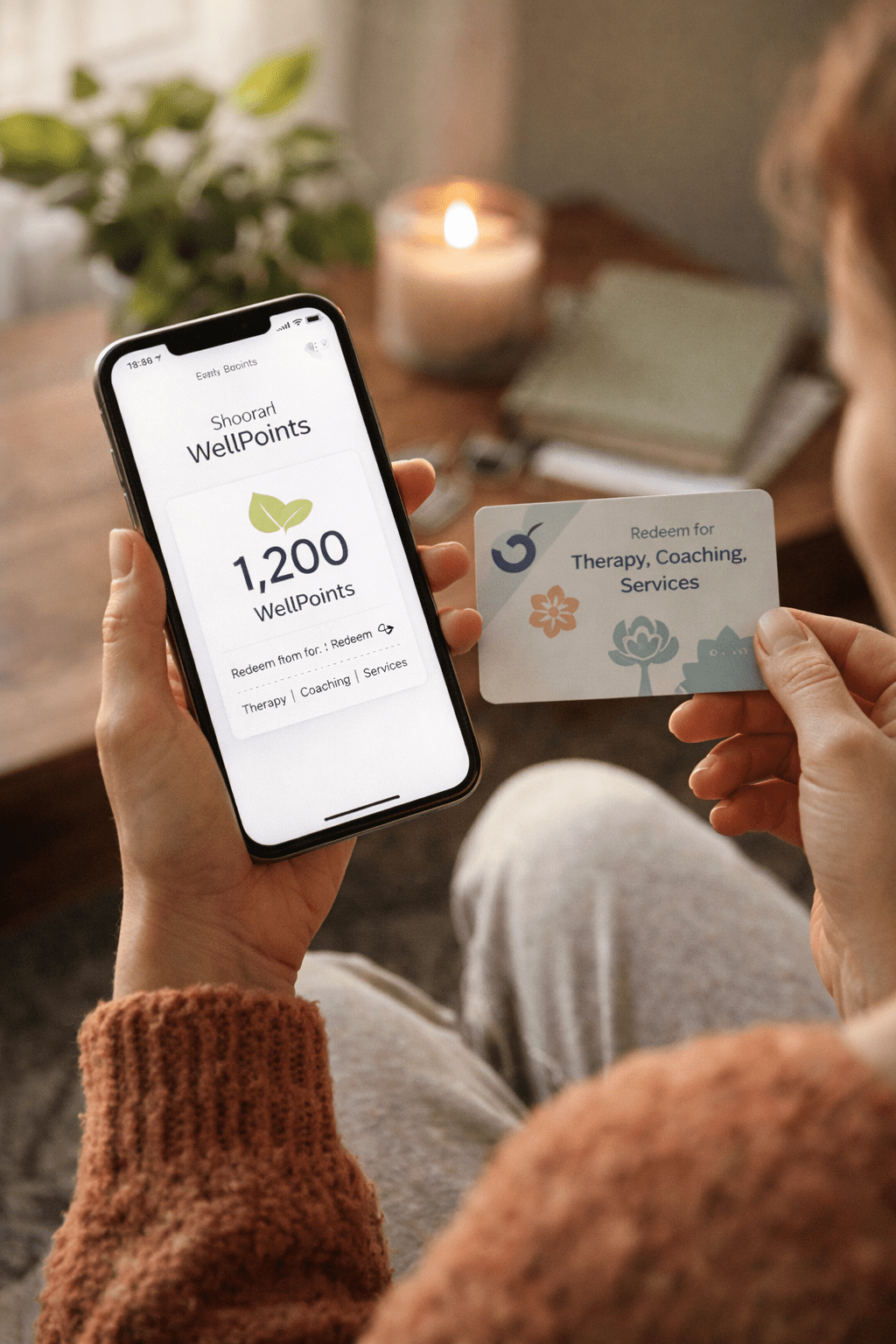Burnout is becoming a common problem in the world today. Whether it’s work deadlines, family obligations, or personal goals, it’s not hard to find yourself feeling drained, overwhelmed, and emotionally depleted. But burnout is not just feeling tired – it’s a physical, mental, and emotional exhaustion that can have profound effects on your overall well-being. So how do you guard against it? Here’s the lowdown.
Recognise the Signs Early
Preventing burnout is a matter of recognising the early signs. You may be constantly fatigued, lose your enthusiasm, be irritable, and find it hard to focus. You may also have physical symptoms like headaches, stomach issues, or chronic colds. Identifying the signs early helps you take action before burnout sets in.
Set Healthy Boundaries
Most are burned out because they do not have work-life balance. If you are continuously answering e-mails late into the night, working overtime, or saying yes to anything, it’s time to establish some boundaries. Make clear work hours, take time-outs, and learn how to say ‘no’ when necessary. Protecting your time is essential for your mental and emotional well-being.
Prioritise Self-Care
Taking care of yourself is not a luxury but a requirement. Do whatever recharges your batteries, whether it’s exercising, reading, meditation, or simply enough sleep. Proper nutrition and regular physical exercise can also boost your energy and reduce stress. Self-care is not selfish – it’s a sound investment in your overall well-being.
Managing Stress Effectively
Stress cannot be avoided, but how you handle it does make a difference. Deep breathing, writing things out, or mindfulness can help handle stress. Talking with a good friend or professional guidance can also make a big difference when you are stressed out.
Take Breaks and Rest
Overexertion without adequate rest is a recipe for burnout. Taking breaks throughout the day can increase focus and productivity. Stepping away from work, whether a short walk, a weekend getaway, or a full holiday, rejuvenates the body and the brain. Never undervalue the strength of rest.
Get Help
You don’t have to go through this alone. Whether it’s coworkers, family members, or friends, support is critical. Don’t be afraid to ask for help when needed. If burnout is affecting your life, professional guidance from a coach or therapist can provide helpful coping mechanisms for stress management and preventing exhaustion.
Burnout is a serious issue, but it’s not inevitable. By recognising the signs early enough, setting boundaries, taking care of yourself first, handling stress effectively, taking time out, and seeking help, you can protect yourself against its damaging effects. Your own well-being must take priority – after all, you can’t pour from an empty cup. Take care of yourself, and don’t leave it too late before acting.



